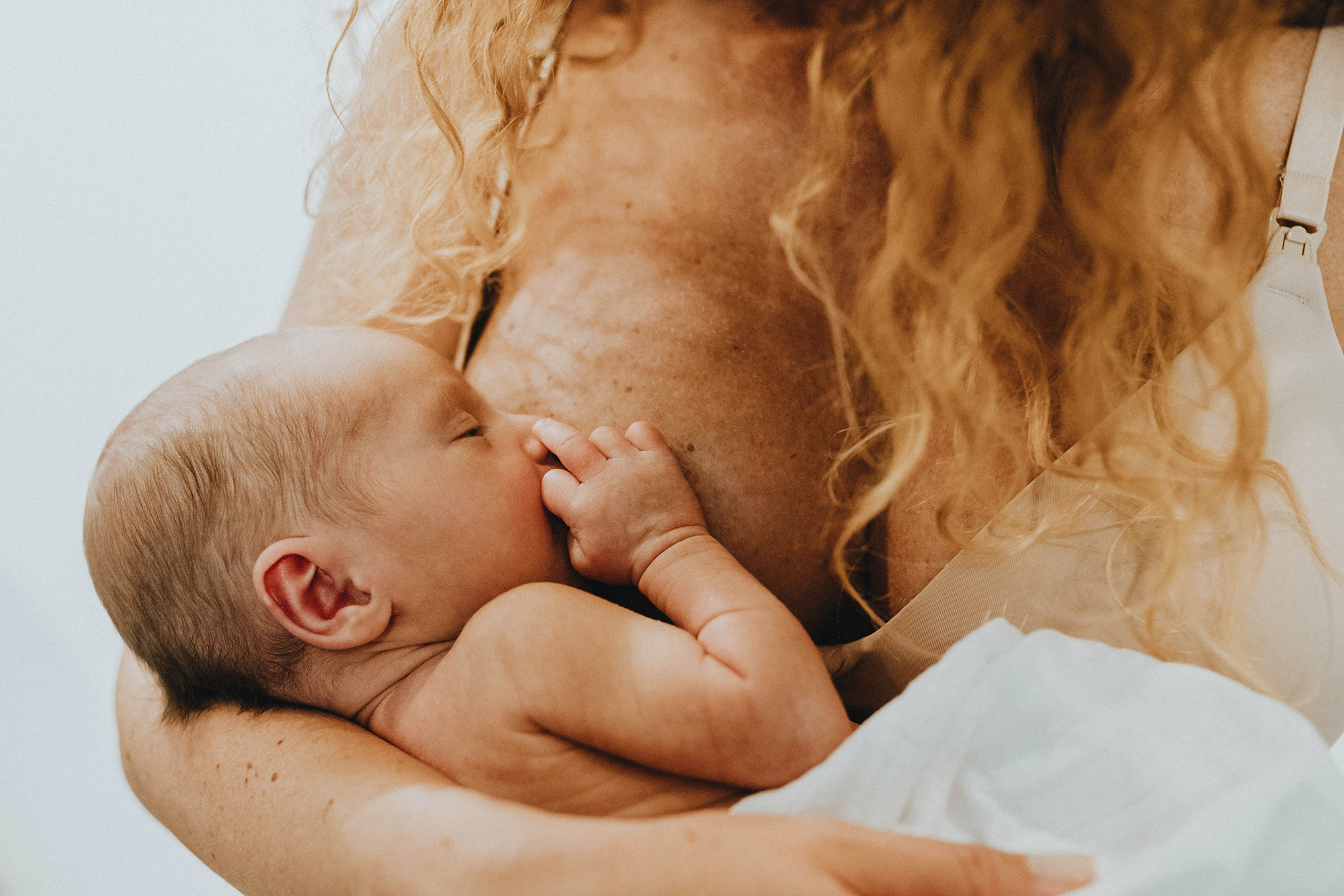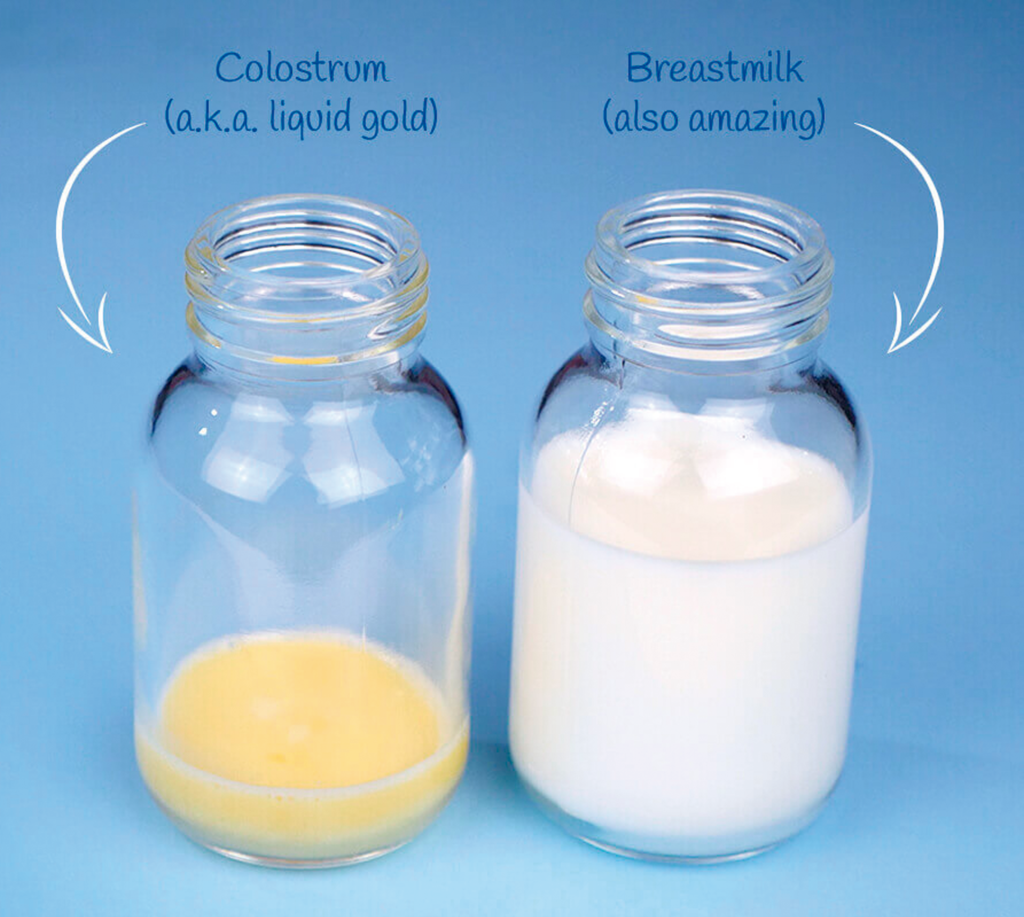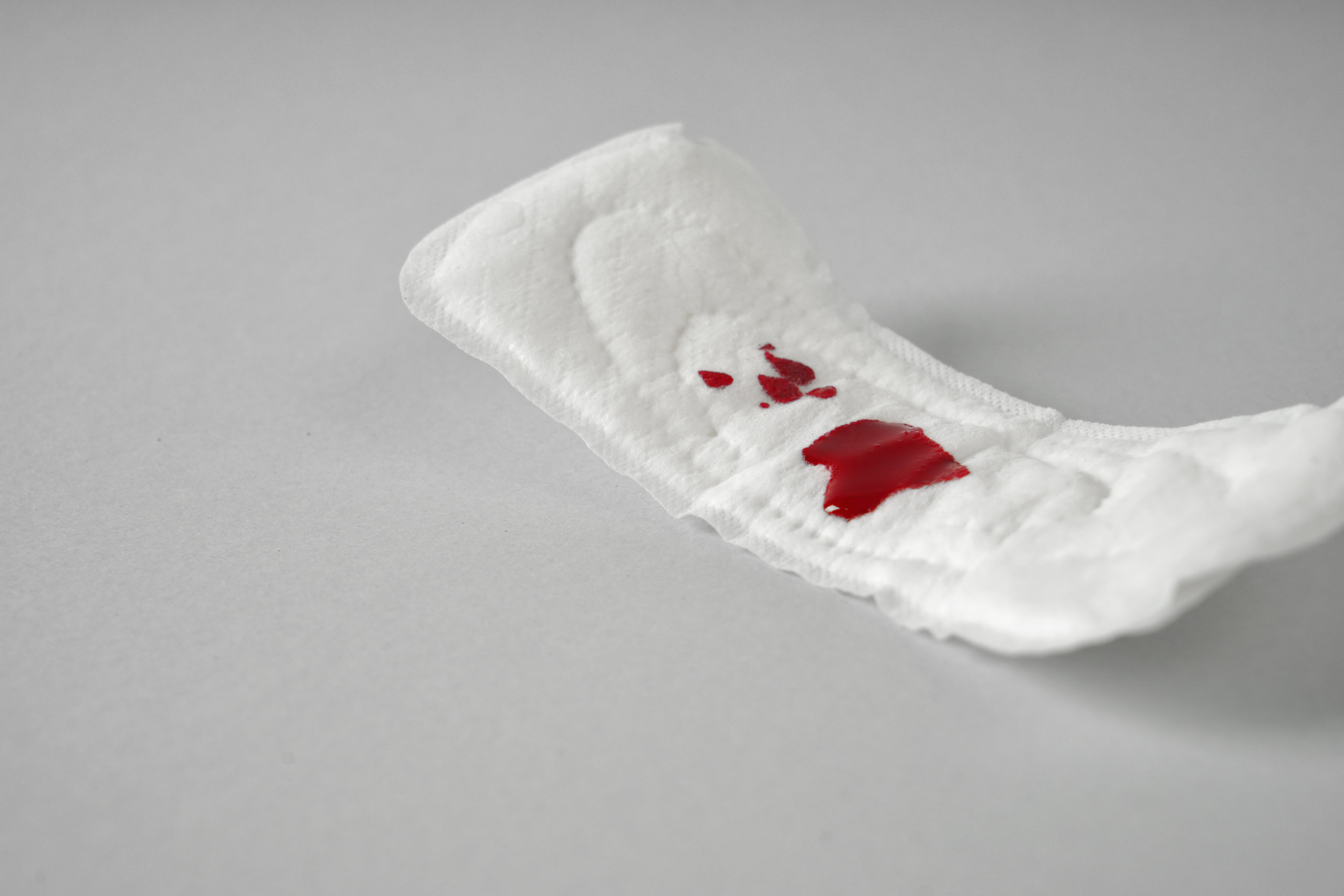Colostrum is the first milk you have in your breasts. It is a thick, yellowish fluid that contains antibodies and other nutrients that help to protect your baby during his or her first few weeks of life. Women start to produce colostrum from about sixteen weeks of pregnancy onwards. Some women find that they leak colostrum from their breasts as early as 28 weeks of pregnancy.
If this happens to you, don’t worry – it’s perfectly normal! Just make sure to wear a breast pad to avoid any embarrassing accidents! And do not worry if you do not – it is not an indicator of whether you will have milk for your baby. Sometimes, women’s bodies simply do not produce colostrum. This is perfectly normal too!
Why colostrum is important?
Colostrum is important because it contains antibodies and other nutrients that help to protect your baby during his or her first few weeks of life. The antibodies contained in colostrum serve as vaccines, allowing the mother to pass on immunity to her baby from many germs that could otherwise harm him or her. There is a much higher concentration of these antibodies in colostrum than there is in mature breast milk.
It also contains the nutrients that newborns need for healthy brain, heart, and central nervous system development. Colostrum is high in carbohydrates and protein but low in fat, and will help the baby pass his or her first stools, which is important to prevent jaundice.
Does leaking colostrum early mean good milk supply?
Leaking colostrum or the ability to hand express colostrum IS NOT a good indicator of supply postpartum, so don’t worry if you’re not seeing any or don’t want to collect. If you’ve had low supply in the past, this is a great way to stock up on milk before baby is born.
Does leaking colostrum mean Labor is close?
No, leaking colostrum does not necessarily mean that labor is close. It can happen days, weeks, or even hours before labor begins. If your water breaks or you experience contractions, those are more reliable signs that labor is imminent.
How do you know if your colostrum is leaking?
You may notice that your breasts feel fuller or heavier than usual, or that you have a small amount of yellowish fluid on your nipples. If you’re not sure whether what you’re seeing is colostrum, you can try expressing a little bit onto a clean finger and tasting it – it should be thick and slightly sweet.
If you think you’re leaking colostrum, it’s a good idea to wear breast pads to protect your clothing. You can also try using a pump to collect the colostrum and store it in the freezer for use after baby is born.
Can I squeeze milk out while pregnant?
Yes, you can squeeze milk out while pregnant. However, it is not advisable to do this too often as it can lead to infection. If you must express milk, make sure to wash your hands and breasts thoroughly beforehand. You should also sterilize any equipment that you use.
The big worry here is that squeezing out milk or colostrum could induce contractions. This is because nipple stimulation causes an increase in the hormone oxytocin, which is involved in both milk release and womb contraction.




